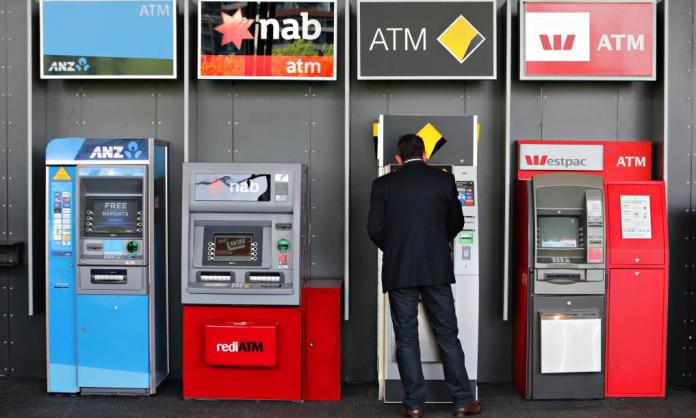While most of us are being hit hard by the biggest cost of living crisis in a generation, Australia’s “big four” banks—Commonwealth, Westpac, ANZ and NAB—have had a record-breaking start to the financial year, posting a combined half-year profit of $17.1 billion. That’s a 19 percent increase from the equivalent period in 2021, and $1.3 billion more than the previous record of $15.8 billion in 2015.
To put it in perspective, the big four made more in net profit in the last six months of 2022 than the Labor government plans to spend on cost of living relief over the next four years ($14.6 billion), or that it is proposing to invest in its “housing future fund” to build new social and affordable housing ($10 billion).
The banks are raking it in, not in spite of the cost of living crisis, but because of it. One way they make such eye-watering sums is by charging higher interest rates on loans than they pay on deposits—the wider the margin, the juicier the profit. That’s why the banks are always so quick to pass Reserve Bank interest rate rises on to borrowers but much more circumspect about lifting rates on deposits.
Rate hikes to date have meant that, as of December last year, nearly a quarter of mortgage holders (more than a million people) were at risk of “mortgage stress”, in which more than 30 percent of a household’s pre-tax income is spent on mortgage payments. Back then the average monthly repayment on a $500,000 loan was up by $900 compared to a year earlier. With further interest rate rises since, this figure will only have increased.
What are the bankers doing with their windfall? Not improving their service, that’s for sure. According to figures from the Financial Sector Union, between 2017 and 2022 the number of bank branches around Australia went from 5,694 to 4,014—a 30 percent fall.
One thing they’ve been spending their money on is the inflated pay packets of their CEOs. The CEO of Commonwealth Bank, Matt Comyn, pocketed almost $7 million last year, Westpac’s Peter King took home $5 million, and NAB CEO Ross McEwan got $6.3 million.
Do the bankers feel sympathy for the millions of Australians who are experiencing the financial strain of a cost of living crisis they’re profiting from? Of course not. When asked in a recent interview with ABC Radio National’s Patricia Karvelas whether he’d support a rise in the minimum wage commensurate with the rate of inflation, McEwan said that instead of a raise, those workers should “start looking around” for a higher paying job.
As for the rest of us, we might consider the benefits of a world in which banking CEOs like McEwan had to look around for something useful to do, and the immense transfer of wealth from the poor to the rich that they preside over could be reversed.








